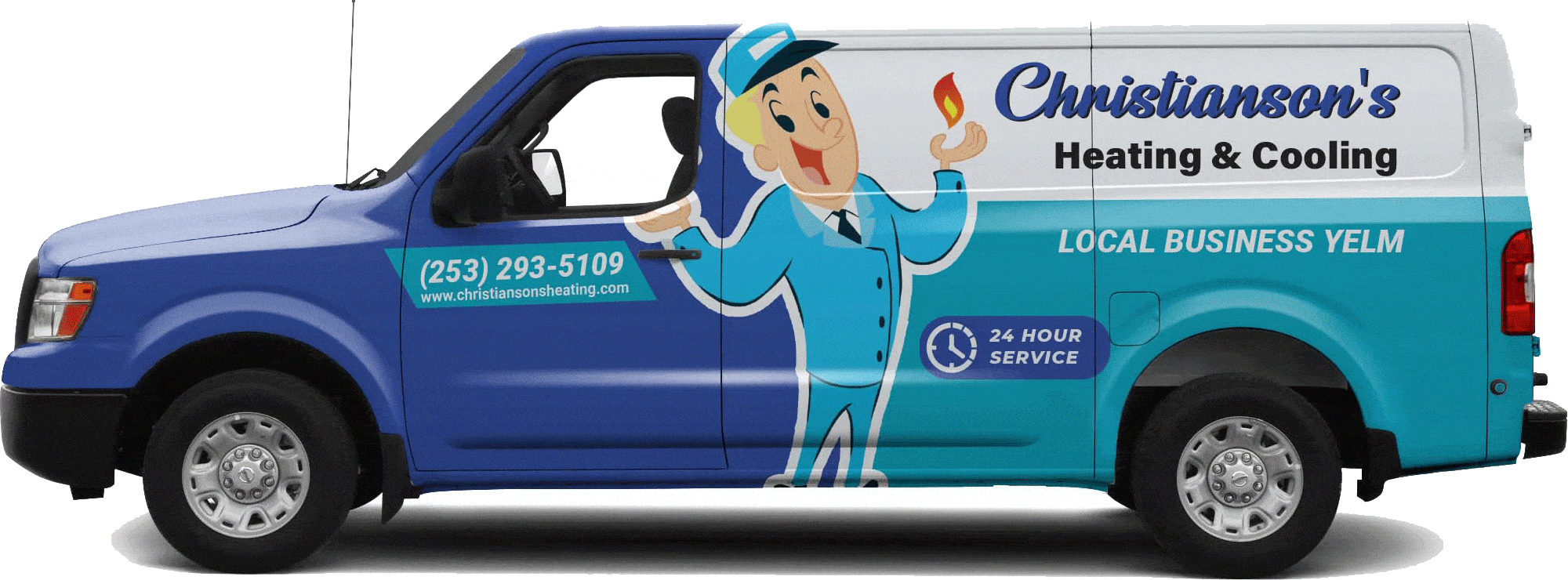Prolonging the Lifespan of Your HVAC System
Prolonging the lifespan of your HVAC system involves routine professional maintenance and consistent proactive steps. These include changing air filters regularly, cleaning the evaporator and condenser coils, optimizing thermostat settings, and clearing vents and registers of obstructions.
Repairs are actions to restore assets or equipment to an operating condition, prevent further deterioration, replace or substitute a component at the end of its “useful life,” and serve as an immediate but temporary repair.
Scheduled Check-Ups
The benefits of routine cooling and heating maintenance are numerous. They include reduced energy bills, fewer repair expenses and a longer lifespan for the system.
During an inspection, a trained technician can spot issues and address them before they escalate into major repairs or system failure. Minor problems that go unaddressed can cause excessive strain on the equipment, causing premature wear and tear that shortens the life of the device.
Additionally, a maintenance visit allows the technician to check for safety hazards. They can identify electrical connections that may be exposed and check the level of refrigerant. This helps prevent any leaks that could potentially harm the environment or a person. It also ensures compliance with the manufacturer’s warranty. Having proof of regular maintenance can also make your home more appealing to potential buyers. It can reduce the number of problems a buyer might raise in an attempt to negotiate a lower price for your property.
Change the Filters Regularly
Air filters are often overlooked as one of the most important elements of an HVAC system, but they have a tremendous impact on how efficiently the system functions. Clogged air filters force the system to work harder to move air throughout the home, which increases wear and tear.
Cleaning or replacing the filters on a regular basis (typically every 30 days to three months) will extend the life of your system. Moreover, doing so will improve air quality for residents and limit the costs of energy consumption.
Routine maintenance allows technicians to identify minor issues and fix them before they become major problems, reducing the risk of costly breakdowns. It also ensures that the system is working at peak efficiency, which helps save on energy bills. Finally, it keeps the external unit in good shape by ensuring there are no blockages, leaks, or debris around it.
Set the Temperature to the Right Level
Sometimes it can feel like a hassle to take care of minor HVAC system repairs, and it’s tempting to put these issues off until the problem gets worse. However, waiting for your system to break down will cost you more in the long run. Putting off repair work will result in a more expensive repair bill and, eventually, an entire replacement unit.
A well-maintained system will operate efficiently, minimize energy costs, and extend its lifespan. Preventative maintenance will ensure that the system is free of debris, dirty air filters and other obstructions that can reduce flow and efficiency.
If your system is reaching the end of its lifespan, it’s a good idea to schedule annual tune-ups and get a technician’s input on when it’s time for replacement. Be honest with the technician about the level of maintenance you perform at home (including whether you’ve been slack on replacing your filter). This will help you understand what to expect with your new unit.
Maintain Valid Warranties
A warranty on your HVAC system provides peace of mind. It can also save you money on energy bills because a well-maintained system is more efficient, so it requires less power to do its work.
Many manufacturers require certain things to be done to maintain a valid warranty on a heating and cooling system. This includes regular maintenance and keeping all records of repairs. If you don’t do these things, the warranty may be void.
While the HVAC to-do list may seem overwhelming, you’ll find that a little effort now can avoid a big hassle during a blizzard or sweltering heat wave. And if you maintain your system properly, it could last a lot longer than you might think. And that’s a pretty good return on your investment in an HVAC system. Just don’t skimp on the quality of replacement parts, as that can also void your warranty. Ideally, choose replacement parts made by the same manufacturer as your original equipment.



I disagree with this article. The tips provided here are too basic and common knowledge. It’s nothing groundbreaking.
I see your point, Alfie. However, it’s always good to be reminded of the basics, especially for those who may not be well-versed in HVAC maintenance.
Great article! It’s important to take proactive steps to maintain your HVAC system and prevent major repairs. I appreciate the informative tips provided here.
I completely agree, Sofia! This article is a must-read for anyone looking to extend the lifespan of their HVAC system.
This article was really unnecessary. Everyone already knows that regular maintenance is important. Nothing new here.
I respectfully disagree, Hollie. Not everyone may be aware of the best practices for HVAC maintenance, so this article serves as a helpful guide.
I found this article quite amusing. It seems like common sense, but I guess not everyone is aware of the significance of routine HVAC maintenance.
I find this article very insightful and helpful. Regular maintenance can definitely save a lot of money in the long run and ensure the system’s efficiency.